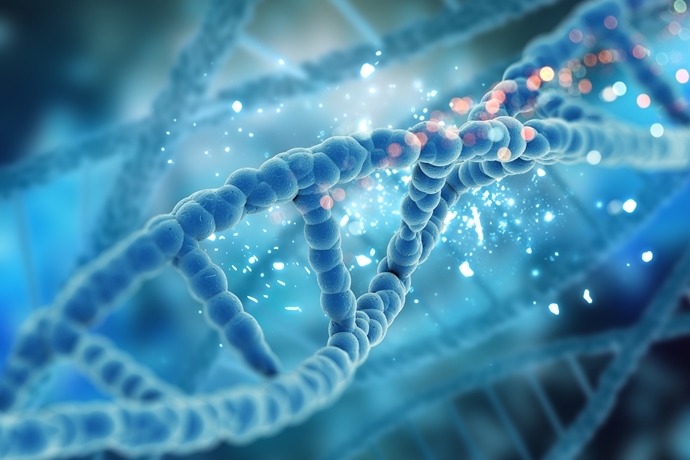
Hematopoietic stem cells are powerful cells which are responsible for creating blood cells in the human body. They are often used in transplants, to restore a patient’s ability to produce healthy blood cells (useful for treating conditions like leukaemia and anaemia).
One of the challenges of using hematopoietic stem cells is that there are usually a limited number of cells available which are suitable for the recipient. Researchers have been attempting to solve this problem by creating more hematopoietic stem cells in a laboratory setting. Unfortunately, this has proven to be difficult, which has hampered research efforts and limited the effectiveness of some transplants.
Researchers from the Stanford University School of Medicine and the University of Tokyo may have finally developed a solution. By altering the components of the fluid in which the cells are grown, they have been able to coax hematopoietic stem cells which can renew themselves thousands of times.
Lead research and professor of genetics at Stanford, Hiromitsu Nakauchi, explains the importance of the discovery: “This has been one of my life goals as a stem cell researcher,” he continued “For 50 years, researchers from laboratories around the world have been seeking ways to grow these cells to large numbers. Now we’ve identified a set of conditions that allows these cells to expand in number as much as 900-fold in just one month. We believe this approach could transform how hematopoietic stem cell transplants and gene therapy are performed in humans.”
The best part of these findings is that it may mean radiation therapy is no longer required for a stem cell transplant to be successful. Normally, the patient’s own hematopoietic stem cells would need to be killed with radiation before healthy stem cells are transplanted. This ensures that the new cells would become dominant and take over.
Being able to generate huge numbers of stem cells means they can transplant large doses of stem cells, which would dominate the patient’s body. In theory, they would no longer need radiation therapy. This could remove a very dangerous and painful step that is required in stem cell transplants. Plans for further clinical trials have already been announced.
Source: Radiation-free stem cell transplants, gene therapy may be within reach
{{cta(‘d62560c2-336a-4f88-9683-44a37a5bd7fd’)}}

